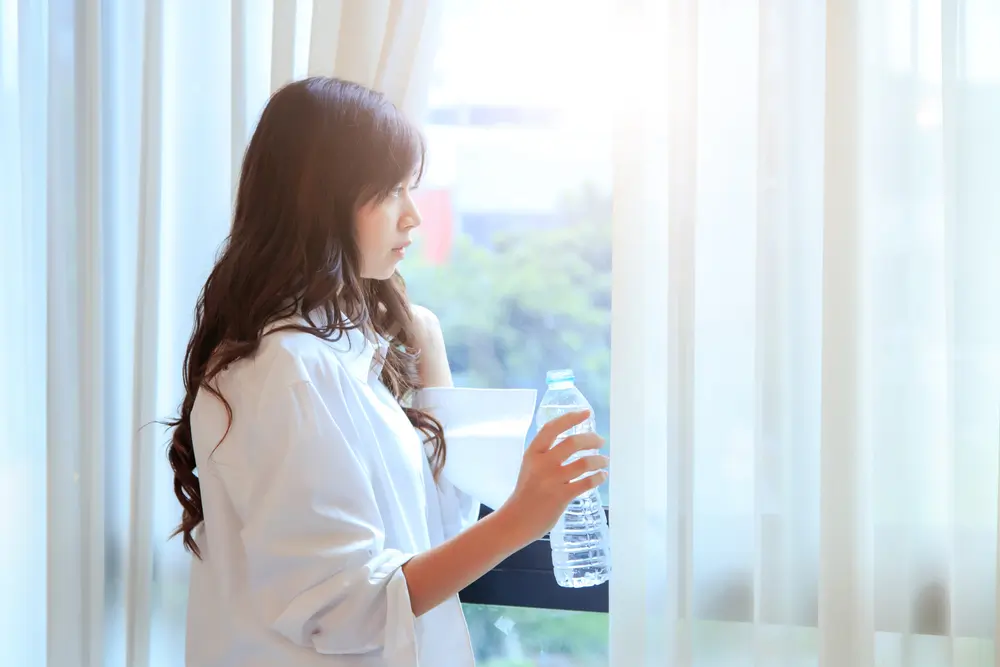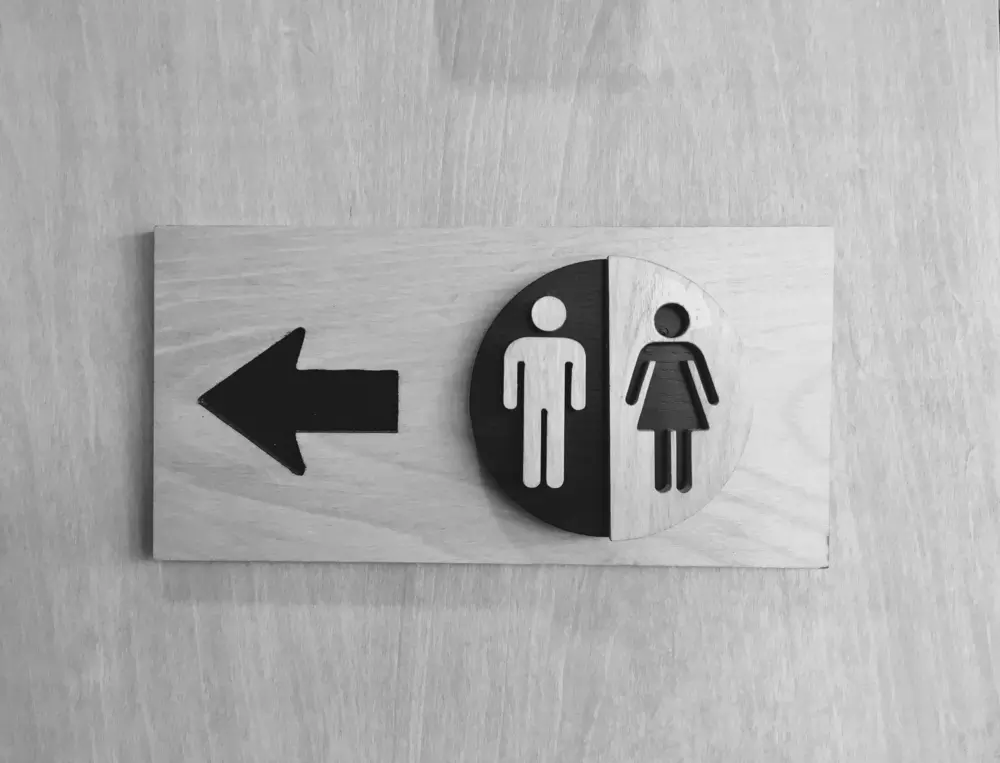Vomiting and Diarrhoea- gastro or something more serious?
Vomiting, diarrhoea and tummy cramps are common symptoms of ‘food poisoning’, ‘gastroenteritis’ or a tummy bug- but if the symptoms don’t settle down within a few days, you may need to be checked over by a doctor.
Acute (‘short term’) diarrhoea due to a tummy bug is common, but there are some warning signs that may mean you are more unwell.
When should you see a doctor about vomiting & diarrhoea?
• if you are becoming dehydrated- this may happen if you have a lot of vomiting and are unable to keep enough fluids down- symptoms of dehydration include passing less urine, a fast heartbeat, dry mouth and light-headedness.
• if you have ongoing severe tummy pain, if there is blood in the stool/vomit, or if the stools appears black and tarry.
• if you have a persisting high temperature (fever)
• if you have severe symptoms, or if you feel that your condition is getting worse.
• if your symptoms are not settling – for example, vomiting for more than 1-2 days
•if your diarrhoea is ongoing for a week or more- your doctor may need to send a sample to check for bacteria, viruses or parasites, or consider other non-infectious causes.
• if you suspect an infection from recent overseas travel
• if you are elderly or have an underlying health problem such as diabetes, epilepsy, inflammatory bowel disease, kidney disease.
• if you have a weakened immune system because of, for example, chemotherapy treatment, long-term steroid treatment, or HIV infection.
• if you are pregnant.
If diarrhoea continues for more than a week, or seems to come and go over a longer time-frame, there may be another cause for it- your doctor will consider conditions such as Irritable Bowel Syndrome (IBS), Inflammatory Bowel Disease (Crohn’s Disease or Ulcerative Colitis), Coeliac Disease or an overactive thyroid gland. If you are over 50 and have a change in bowel habit, your doctor is likely to recommend tests to check for bowel cancer- this may involve tests for blood in the bowel motion, and perhaps a camera test of the bowel (colonoscopy).
Luckily, most bouts of gastro get better after a few days, with rest and fluids. Hydrolyte and Gastrolyte are two brands of oral rehydration solution that are rapidly absorbed- a very good way to prevent dehydration from vomiting and diarrhoea. They are widely available from chemists, and are usually the first thing your doctor will recommend if you are unwell with gastro.

If you have more questions or concerns about Gastroenteritis, speak to your GP.
Or for information about the management of Gastroenteritis in children, you can go to Royal Children’s Hospital Website.
Getting a Mental Health Care Plan in Australia: Your Guide
Getting a Mental Health Care Plan in Australia: Your Guide Mental health matters—and if you’re feeling overwhelmed, anxious, or down, a mental health care plan can help. But what is it, and how do [...]
UTI Symptoms and Treatment: What You Need to Know
UTI Symptoms and Treatment: What You Need to Know Urinary Tract Infections (UTIs) are common, uncomfortable, and often disruptive. But what exactly are the signs to watch for, and how can you get relief [...]
Free Mental Health Care Plan Online | Bulk-Billed by Qoctor
Free Mental Health Care Plan Online | Bulk-Billed by Qoctor Discover how to get a free, bulk-billed Mental Health Care Plan (MHCP) in Australia through Qoctor's telehealth service. Accessing [...]




